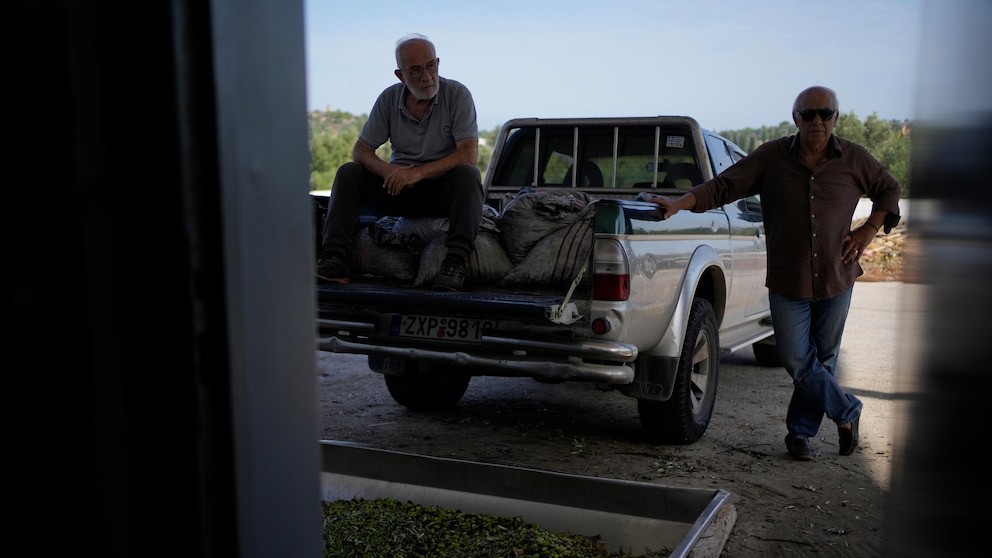Rising Olive Oil Prices Prompt Chainsaw-Wielding Thieves to Target Mediterranean’s Trees
Olive oil, a staple in Mediterranean cuisine and a popular ingredient worldwide, has been facing a significant increase in prices in recent years. This surge in costs has led to an alarming rise in thefts of olive trees across the Mediterranean region. Chainsaw-wielding thieves are targeting these valuable trees, causing concern among farmers and authorities.
The Mediterranean region is renowned for its olive oil production, with countries such as Spain, Italy, Greece, and Tunisia leading the way. However, the olive oil industry has been grappling with various challenges, including climate change, disease outbreaks, and now, soaring prices. These factors have contributed to a decrease in olive oil production and subsequently driven up its cost.
The increasing prices of olive oil have created a lucrative market for thieves who are willing to go to extreme lengths to profit from this valuable commodity. Reports of chainsaw-wielding criminals cutting down entire groves of olive trees have become more frequent, leaving farmers devastated and struggling to recover their losses.
One of the main reasons behind the rise in olive oil prices is the decline in production caused by climate change. Rising temperatures, unpredictable weather patterns, and prolonged droughts have negatively impacted olive tree health and productivity. In addition, outbreaks of diseases such as Xylella fastidiosa have ravaged olive groves, further reducing yields.
As a result, the supply of olive oil has significantly decreased while demand remains high. This imbalance has driven prices upwards, making it an attractive target for thieves seeking quick profits. Olive trees can take years to reach full productivity, making their theft a devastating blow to farmers who rely on them for their livelihoods.
The theft of olive trees not only affects individual farmers but also has broader economic and environmental consequences. Olive trees play a crucial role in maintaining the ecological balance of the Mediterranean region. They prevent soil erosion, provide habitats for various species, and contribute to the overall biodiversity of the area. The loss of these trees disrupts the delicate ecosystem and can have long-lasting effects on the environment.
Authorities in affected countries are taking steps to combat this growing problem. Increased surveillance, stricter regulations, and penalties for illegal tree removal are being implemented to deter thieves. Farmers are also being encouraged to adopt security measures such as installing cameras, fencing, and lighting to protect their olive groves.
Efforts are also underway to support farmers in adapting to the challenges they face. Research institutions and agricultural organizations are working to develop disease-resistant olive tree varieties and sustainable farming practices. Governments are providing financial assistance and subsidies to help farmers recover from losses and invest in their businesses.
Consumers can also play a role in supporting the olive oil industry by choosing products from reputable sources. Buying certified organic or fair-trade olive oil ensures that farmers are paid fair prices for their products, promoting sustainable practices and supporting the livelihoods of those who rely on olive oil production.
In conclusion, the rising prices of olive oil have led to an alarming increase in thefts of olive trees across the Mediterranean region. Chainsaw-wielding thieves are targeting these valuable trees, causing significant losses for farmers and disrupting the delicate ecosystem. Climate change, disease outbreaks, and decreased production have contributed to the surge in prices, making olive oil a lucrative commodity for criminals. However, efforts are underway to combat this problem through increased surveillance, stricter regulations, and support for farmers. Consumers can also contribute by choosing responsibly sourced olive oil products.



